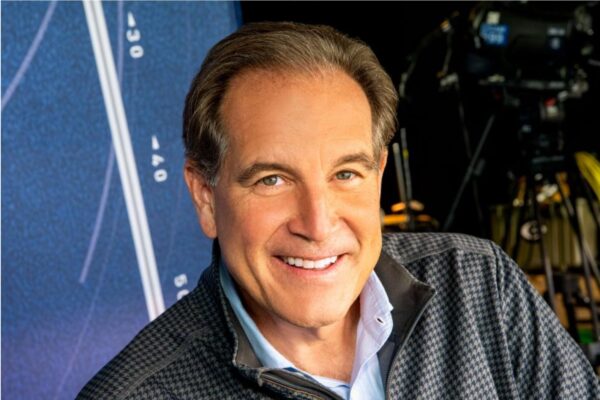By Rebecca Harris | @MsRebeccaHarris
Sports Capital Journalism Program
Hosted by the Women’s Professional Basketball Association and presented by Connor Sports, the Women in Sports and Business panel on Sunday afternoon addressed questions of diversity in the sports business world and how players can and do transition from the athletic world to new careers.
The WPBA helps women’s basketball players from the WNBA or European leagues move from athletics to other fields, which was the event’s main focus. Moderated by ESPN analyst LaChina Robinson, the panel was split into two sessions due to the high response rates of prospective speakers and attendees.
The panelists included Lisa Borders, president of the WNBA; Laura Gentile, senior vice president and founder of ESPNW; Theresa Wenzel, president of the Atlanta Dream; Teresa Edwards, five-time Olympian; and Donna de Varona, former Olympic gold medalist and lead advisor for the EY Women Athletes Business Network.
Robinson stated that the general theme of the event was “keeping it real,” using the event as a safe space for panelists and attendees to speak their minds and address key issues facing women as they leave the professional basketball world.
All speakers stressed the importance of mentors, mentioning their own experiences throughout conversations.
De Varona said she has two or three mentors, including the late Eunice Kennedy Shriver, whom she called a “beacon of light.” She said she became the first president of the Women’s Sports Foundation thanks to Shriver’s influence and her example as founder of the Special Olympics.
Gentile said that women shouldn’t limit themselves as far as mentors. “A mentor is just somebody you can lean on once in awhile, it doesn’t have to be someone high up,” she said. “I feel like I have more mentors now because I know how to lean on people.”
The women also discussed diversity in the business world and the importance of dedication, preparation, and teamwork, all skills that basketball players possess. The issue is that they often don’t know how to rebrand themselves professionally as women and as former athletes. They often don’t see their varied backgrounds as strengths.
“If I had to do anything differently it would be to be more confident in myself,” said Borders. “My differences scared the living crap out of me…It is you who are stopping you.”
Beth Brooke-Marciniak, global vice chair of public policy at EY, said it can take time to find a niche outside sports and it’s important to start the process earlier rather than later.
“Network in all the different sectors that you can and then just listen. Listen to the conversations that you’re in,” she said. “When is your jazz meter going up? When is it not? When are you bored or when are you excited?”
Edwards echoed the thought. “I’ve enjoyed trying so many different things and I don’t consider it failure. I’m convinced I can do more than one thing,” she said.
As panelist Dana London, executive director of Transition Teams, said, “It’s not a stumbling block. It’s a building block.”
The panelists all left their sessions with ideas on the multiple roles of women in the business world.
“If we don’t get it done, no one who looks like us is coming behind us,” said Borders, in discussing the importance of women being trailblazers for upcoming generations.
Robinson said during her closing remarks, speaking to all panelists, “You may not feel the impact directly, but we feel it.”


